Half of Weather Disasters Linked to Climate Change

Human-caused changes in climate played a role in 14 of 28 storms, droughts, and other 2014 extreme weather events investigated by global scientists.
Obama Rejects Construction of Keystone XL Oil Pipeline
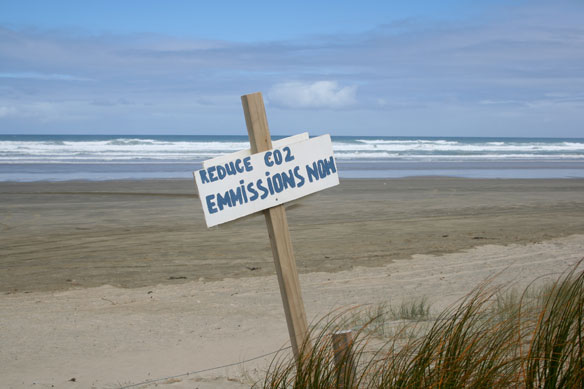
President Obama today, announced that he had rejected the request from a Canadian company to build the Keystone XL oil pipeline, ending a seven-year review that had become a flash point in the debate over his climate policies.
Canada Now Has a Minister of Environment AND Climate Change
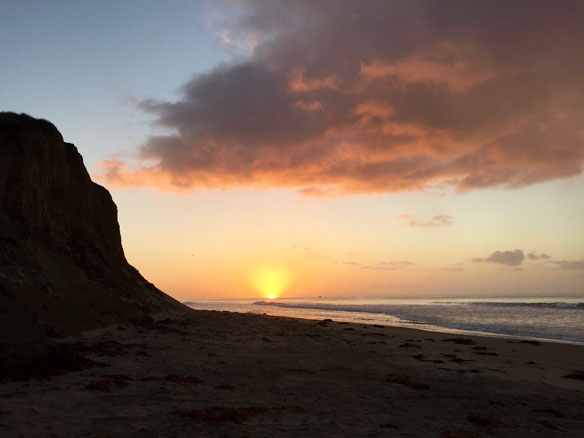
Leaders in Canada’s environmental community are expressing optimism about the appointment of lawyer Catherine McKenna as Minister of Environment and Climate Change at a swearing in ceremony in Ottawa Wednesday morning.
Antarctic Coast Meltdown Could Trigger Ice-Sheet Collapse

Computer simulations suggest that unstable ice at continent’s edges eventually leads to metres of sea-level rise.
World’s Largest Floating Windfarm Gets Green Light in Scotland

The Scottish government has granted consent for the world’s largest floating offshore windfarm to be developed off the coast of Peterhead, capable of powering 20,000 homes.
Exiled by Nuclear Tests, Now Threatened by Sea Levels, Bikini Islanders Seek Refuge in U.S.
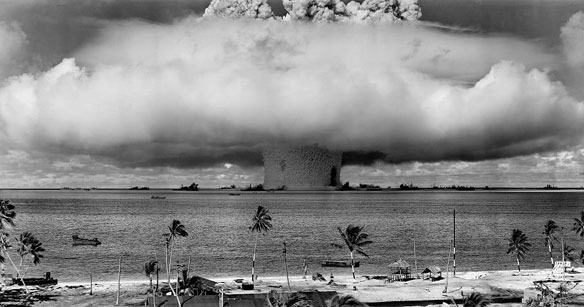
Lawmakers in Washington DC will this week debate the fate of islanders who were relocated from Bikini Atoll to the Marshall Islands because of US nuclear tests after World War 2.
An Intolerable Unimaginable Heat Forecast For Persian Gulf

If carbon dioxide emissions continue at their current pace, by the end of century parts of the Persian Gulf will sometimes be just too hot for the human body to tolerate, a new study says.
Asia’s Coasts to Experience Most Extreme Weather
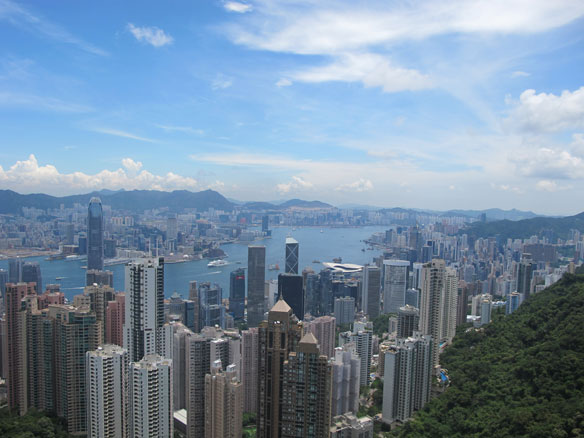
Over the next 50 years, people living at low altitudes in developing countries, particularly those in coastal Asia, will suffer the most from extreme weather patterns, according to researchers.
And Now for Some Good News About Climate Change
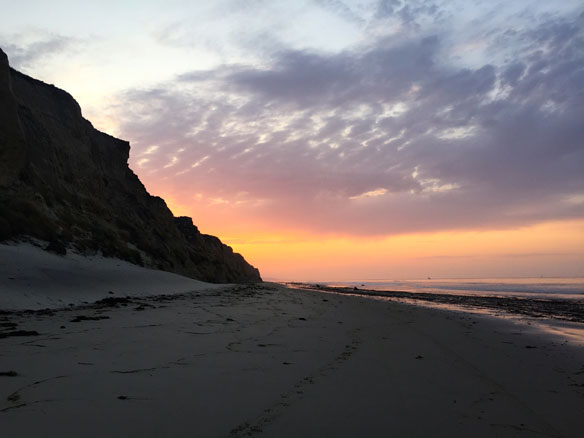
Small things like energy efficient lightbulbs and big ones—like solar panels and light rail transportation—are making a difference. Australian author Tim Flannery counsels cautious optimism by showing how the millions of small actions taken by individuals are driving down oil consumption and points out how new “Third Way” carbon-capture technologies promise to reduce emissions and create massive economic opportunities.
